Yes – you should avoid dairy right after dental implant surgery. Even though milk, yogurt, and cheese feel soft and harmless, they can actually cause irritation, slow down healing, and even increase the risk of infection in those first few days.
The main issue isn’t just the texture — it’s the bacteria dairy products can introduce, combined with the extra mouth movement they require when swallowing. This can disturb the surgical site and delay recovery.
The golden rule? Skip dairy for at least 48–72 hours after your procedure — sometimes longer if your immune system is weak, you have a history of slow healing, or your oral surgeon advises it.
Every patient heals differently, and what feels fine for one person can cause swelling or pain for another. When in doubt, stick to a soft-food diet without dairy until you get the all-clear from your dentist. A short break from your favorite dairy foods now can save you from infection, discomfort, and costly treatment delays later.
Why You Should Avoid Dairy After a Dental Implant
Many dentists recommend avoiding dairy products right after dental implant surgery because they can cause more problems than people expect. Dairy foods like milk, yogurt, and cheese may introduce bacteria into your mouth, which can raise the risk of infection at the surgical site.
They can also trigger inflammation or swelling, making your gums more sensitive and slowing the healing process. For some patients, dairy can cause a coating or film inside the mouth that feels unpleasant and may encourage bacterial growth.
Another concern is that dairy sometimes leads to mucus build-up or minor stomach upset, especially after anesthesia or antibiotics. This can make you feel nauseous, and if you vomit, the sudden pressure and stomach acids can disturb the implant area. Since the first few days after surgery are the most important for healing, even small irritations can affect the long-term success of the implant. That’s why dentists often advise playing it safe — avoid dairy for a short while, keep the area clean, and give your body the best chance to heal without setbacks.
The Reasons, Why Can’t You Have Dairy After a Dental Implant are:
- Bacterial Risk & Mucus Production: Dairy like milk and yogurt may leave a sticky film that fosters bacteria around the implant site, especially if hygiene is not meticulous
- Inflammatory Response: Some dairy proteins (like casein) may trigger mild inflammation, which can slow down tissue recovery and bone integration
- Clot Disruption Concerns: While calcium is essential for bone health, consuming thick or sugary dairy near the surgical area may risk clot integrity early on, making healing more fragile.
Scientific or Clinical Reasons Behind Avoiding Dairy after dental implant
Reason #1 – Risk of Infection & Inflammation
After your dental implant surgery, your gums are healing and vulnerable. Some dairy products like milk or yogurt contain natural bacteria — even the “good” kind (like lactic acid bacteria). These can accidentally enter the wound and increase the risk of infection or swelling, especially if the product is not pasteurized or was left at room temperature.
Reason #2 – Reduced Blood Clotting & Increased Bleeding Risk
Milk and cheese have proteins and enzymes that may interfere with blood clot formation. In the early healing stage, your mouth needs to form stable clots to stop bleeding. If these clots break down too early, it can cause complications like dry socket or prolonged healing.
The Real Answer Behind the No Dairy Recommendation: It Depends on the Patient
Not every patient has the same healing journey after a dental implant. That’s why the “no dairy” rule isn’t one-size-fits-all. Some people might tolerate dairy with no problems, while others could face swelling, bleeding, or slower healing.
Here’s why:
- People with weaker immune systems (like those with diabetes or chronic illness) are more sensitive to bacteria, even the “good” ones found in dairy.
- If you’ve had past issues with clotting or infections, your dentist may ask you to avoid dairy completely.
- Certain medications can also interact with calcium in dairy, making it harder for your body to absorb other nutrients needed for healing.
Why the ‘No Dairy After a Dental Implant’ Rule May Not Have Teeth (for Some Patients)
You might be surprised to hear that some experts question the strict “no dairy” rule. That’s because modern dental studies show that the risk of infection from dairy is extremely low, especially when the products are pasteurized and consumed cold (like yogurt or milk).
Here are reasons why the rule might not apply to everyone:
- Pasteurized dairy is safe – It doesn’t contain the harmful bacteria that raw dairy might have.
- Some dairy products support healing – Soft Greek yogurt is packed with protein, which helps rebuild tissues.
- Calcium boosts bone health – This matters after an implant is placed into your jaw.
The key takeaway? The rule may not be outdated, but it shouldn’t be blindly followed by everyone. If your dentist allows it, certain dairy products may be safe in moderation — especially if you’re not allergic, immunocompromised, or at risk of clotting issues.
How Long Should You Avoid Dairy After Dental Surgery?
Most dentists recommend avoiding dairy for at least 48 to 72 hours after your dental implant surgery. This is when your body starts forming a blood clot and your immune system is most active.
Why this timing matters:
- Early healing is sensitive – Dairy might interfere if consumed too soon.
- Risk of infection is higher in the first two days.
- Better safe than sorry – Giving your implant a head start helps avoid complications.
After 3 days, some soft, cold dairy like yogurt may be fine — but always ask your dentist first.
Read: Can you get an MRI after Dental Implant?
Are There Any Benefits of Dairy Post-Surgery?
Yes — dairy can actually support recovery when introduced at the right time. It’s packed with nutrients that promote healing:
Potential Benefits:
- Calcium strengthens bone and jaw structure.
- Protein supports tissue repair around the implant.
- Probiotics in yogurt help balance your gut, especially if you’re on antibiotics.
Good Choices (after 72 hours):
- Cold plain Greek yogurt
- Cottage cheese
- Soft mozzarella or mild cheese slices
Just avoid hot, sugary, or hard cheeses early on.
Important: These benefits apply after the initial healing period and only if your dentist gives the green light.
Diet & Nutrition After Dental Implant
Recommended Foods After Dental Implant Surgery
(What Foods Can One Have After Tooth Implant Surgery? The Best Diet After a Dental Implant)
After getting a dental implant, your mouth needs time to heal. Eating the right foods can help you heal faster and feel better. The key is to choose soft, gentle, and healthy foods that won’t hurt the surgical site.
Read long does Numbness last after dental filling?
Best Soft Foods to Eat After Dental Surgery
These foods are easy to chew, don’t cause pressure, and won’t get stuck in stitches.
- Mashed potatoes
- Yogurt (plain, not too cold)
- Smoothies (no seeds or chunks)
- Boiled or scrambled eggs
- Oatmeal or soft cereal soaked in milk
- Creamy soups (not hot)
- Applesauce or mashed bananas
Pro tip: Keep the temperature warm—not hot to avoid irritation.
Drink Plenty of Water
Staying hydrated helps your body heal faster. Water also keeps your mouth clean and reduces the chance of dry mouth or bad breath.
Focus on Nutrient-Dense Alternative Foods for Optimal Healing
Once you can chew a bit better, include foods that give your body vitamins, minerals, and protein to rebuild bone and gum tissue.
- Avocados – Healthy fats
- Spinach (steamed) – Iron and calcium
- Protein shakes – Easy and filling
- Soft tofu or lentils – Plant-based protein
Greek yogurt – Calcium + probiotics
What to Avoid After Getting Implants
Avoid:
- Sodas
- Alcohol
- Hot coffee or tea (for a few days)
- Avoid Smoking and Alcohol
1: Can I Eat Normally With Dental Implants?
Not right away. For the first few days after surgery, you should stick to soft foods like mashed potatoes, yogurt, or smoothies. Your gums and jaw are still healing, and chewing hard foods too early can slow recovery.
After a few weeks, as your dentist advises, you can slowly return to normal eating—starting with softer meals and working up to regular foods.
2: Can I Bite Into Food With Dental Implants?
In the early healing stage, avoid biting directly into hard or chewy foods like apples or crusty bread. Use a fork and knife to cut food into smaller pieces instead.
Once your implant is fully healed (which may take 3–6 months), it will feel like a natural tooth, and you can bite into food normally.
3: Is Ice Cream Advisable After Dental Implant Surgery?
Yes, cold, soft ice cream can actually help soothe swelling and discomfort after surgery—just avoid hard chunks or nuts.
However, stick to low-sugar or sugar-free options to protect your gums and new implant.
4: Can I Have Coffee After Dental Implant Surgery?
It’s best to avoid hot coffee for the first 24–48 hours because heat can irritate the surgical site and slow down clot formation.
After a day or two, you can enjoy lukewarm coffee, but don’t sip it through a straw as that can disturb healing. Checkout What TheSurgiWorld is Offering to you Dentists
Warning Signs to Look Out for Post-Surgery
After dental implant surgery, it’s normal to have some swelling, mild pain, and slight bleeding for the first 1–3 days. But if you notice any of the following signs, you should contact your dentist right away:
- Severe pain that doesn’t go away with painkillers
- Bleeding that won’t stop even after gentle pressure
- Swelling that gets worse after 3 days instead of better
- Pus, foul smell, or bad taste near the implant (possible infection)
- Loose implant or difficulty chewing even soft food
- Fever or chills, which could mean your body is fighting an infection
- Tingling or numbness that lasts more than 24 hours
These symptoms may point to infection, nerve damage, or implant failure, and early treatment is important to fix the problem fast.
Understanding Dental Implants (Basic Context)
What is a Dental Implant?
A dental implant is a small metal post, usually made of titanium, placed into the jawbone to replace a missing tooth’s root. Once healed, a crown is attached on top, giving you a tooth that looks, feels, and works like the real thing. Implants can improve chewing, speech, and confidence, and with proper care, they can last for many years.
However, not everyone is a good candidate. You’ll need healthy gums, enough jawbone to support the implant, and no active gum disease. Smoking, uncontrolled diabetes, or poor overall health can slow healing or affect success. Dentists also use X-rays to make sure your mouth and bone are ready before moving forward.
Frequently Asked Questions:
Can I drink milk after implants?
It’s best to avoid milk for the first 3–5 days after dental implant surgery. Milk can sometimes interfere with healing or promote bacteria if not stored properly. Once your mouth begins to heal, you can slowly reintroduce dairy—but always follow your dentist’s advice.
Can I eat yogurt after a tooth implant?
Plain, unsweetened yogurt can actually be helpful after a few days post-surgery. It’s soft, full of protein, and easy to eat. Just make sure it’s not too cold, and don’t eat it immediately after the procedure.
How Long After Dental Implant Can I Eat Dairy?
Most dentists recommend waiting 3 to 7 days before eating dairy. The timing depends on your healing speed, the number of implants, and your overall health. Always ask your dentist for a personalized timeline.
Is Popcorn Bad To Eat If You Have Dental Implants?
Yes, popcorn is not safe—especially during early healing. Even after full healing, husks can get stuck, and hard kernels can damage your implants or gums. Choose safer snacks that are soft and easy to chew.
Why do dentists say to avoid dairy after implant surgery?
Dentists may recommend avoiding dairy because some dairy products contain bacteria that can disturb the healing process. Also, milk can interact with certain medications or lead to mild inflammation in the mouth after surgery.
Can I brush my teeth after a dental implant?
Yes, but be gentle. You should avoid brushing the surgical site for the first few days. Use a soft toothbrush and follow your dentist’s instructions. Keeping your mouth clean helps prevent infection and supports healing.
Is ice cream okay after a dental implant?
While ice cream is soft and cold (which can feel soothing), it’s also dairy-based and high in sugar, which may increase bacteria in the mouth. It’s best to avoid it for a few days and then consume it in moderation.
Can dairy cause implant failure?
Not directly. But eating dairy too soon can introduce unwanted bacteria, especially if your oral hygiene is not ideal. Combined with poor care, this can increase the risk of infection, which may lead to complications.
What’s the best drink after dental implant surgery?
Water is the best option. It keeps you hydrated, helps flush bacteria, and supports tissue healing. Avoid dairy drinks, coffee, soda, or alcohol for the first few days to ensure smooth recovery.

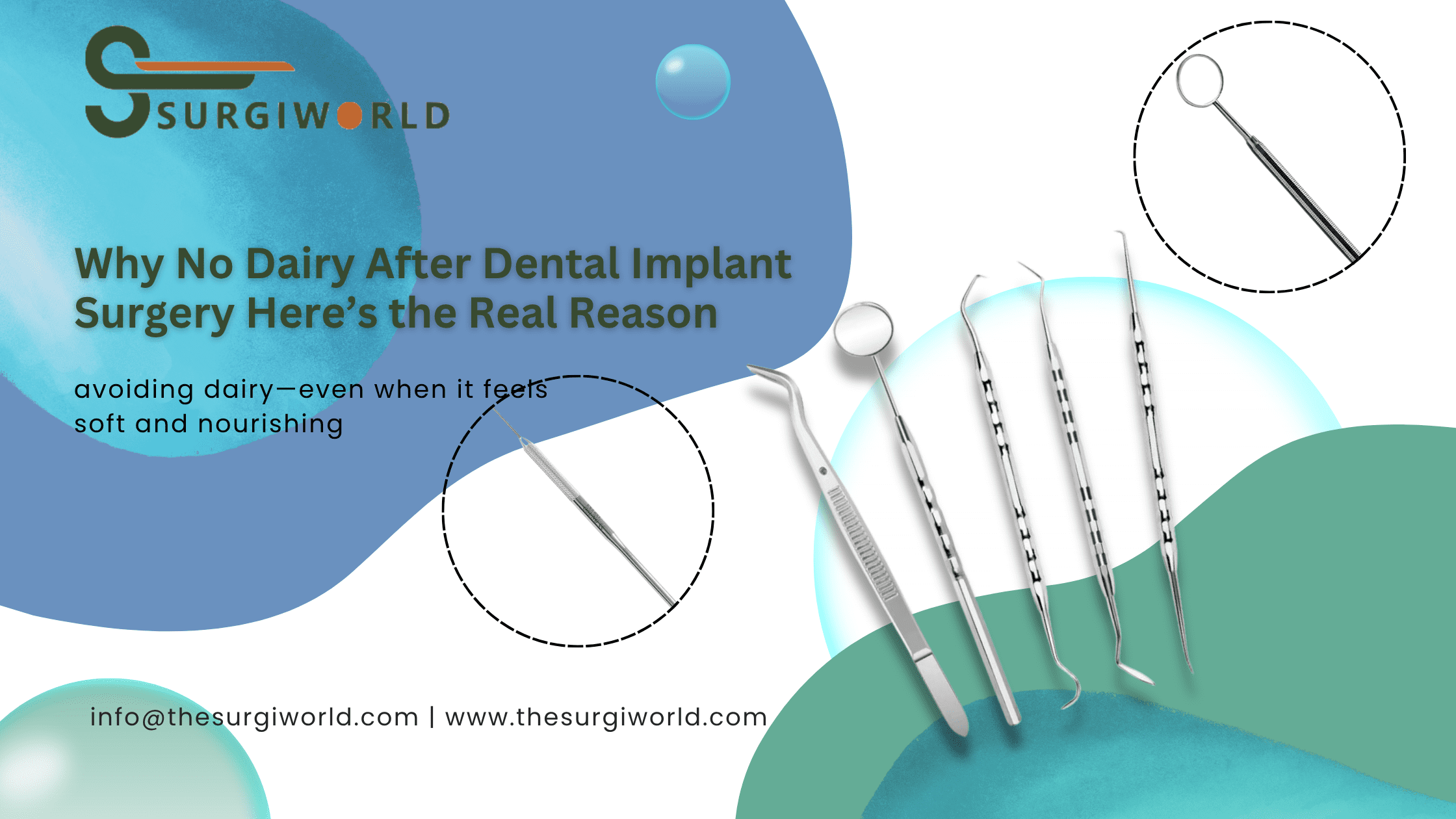
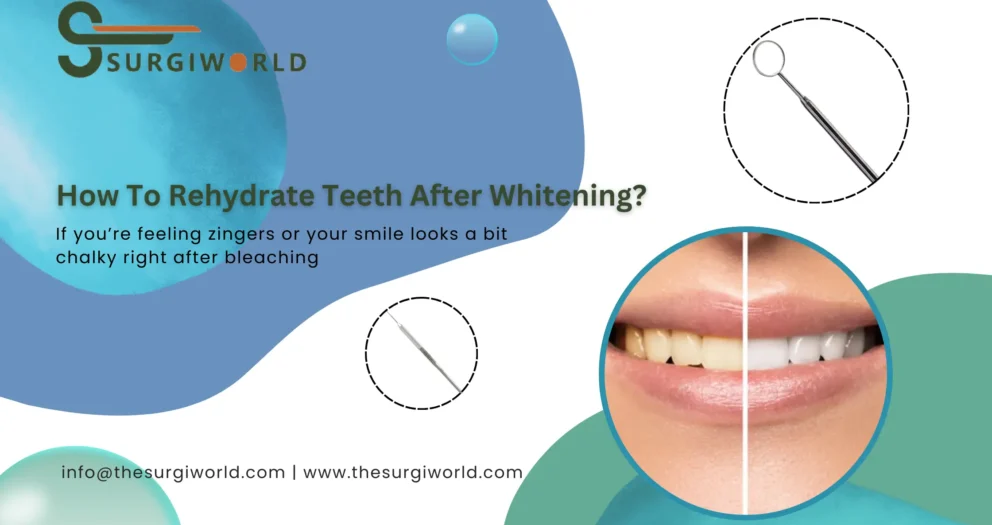
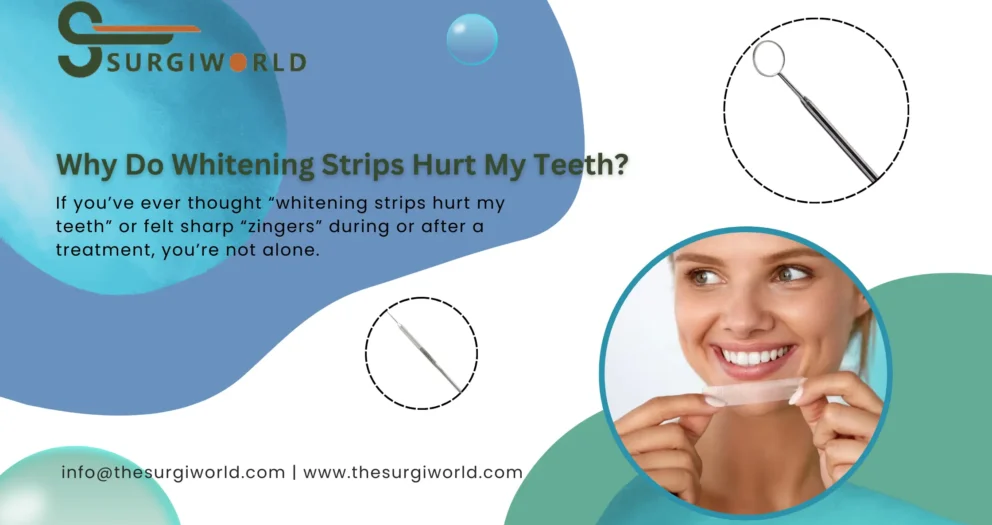
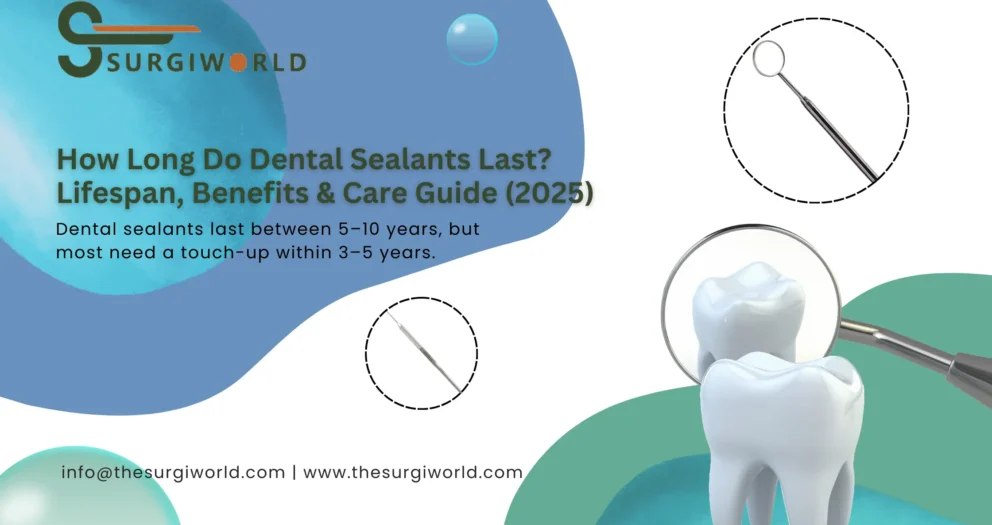
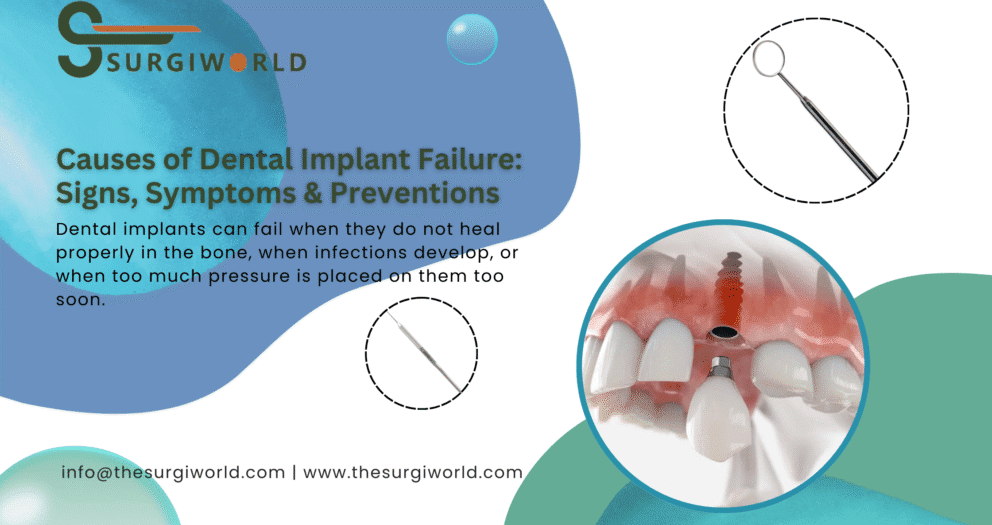

Write a comment
You must be logged in to post a comment.